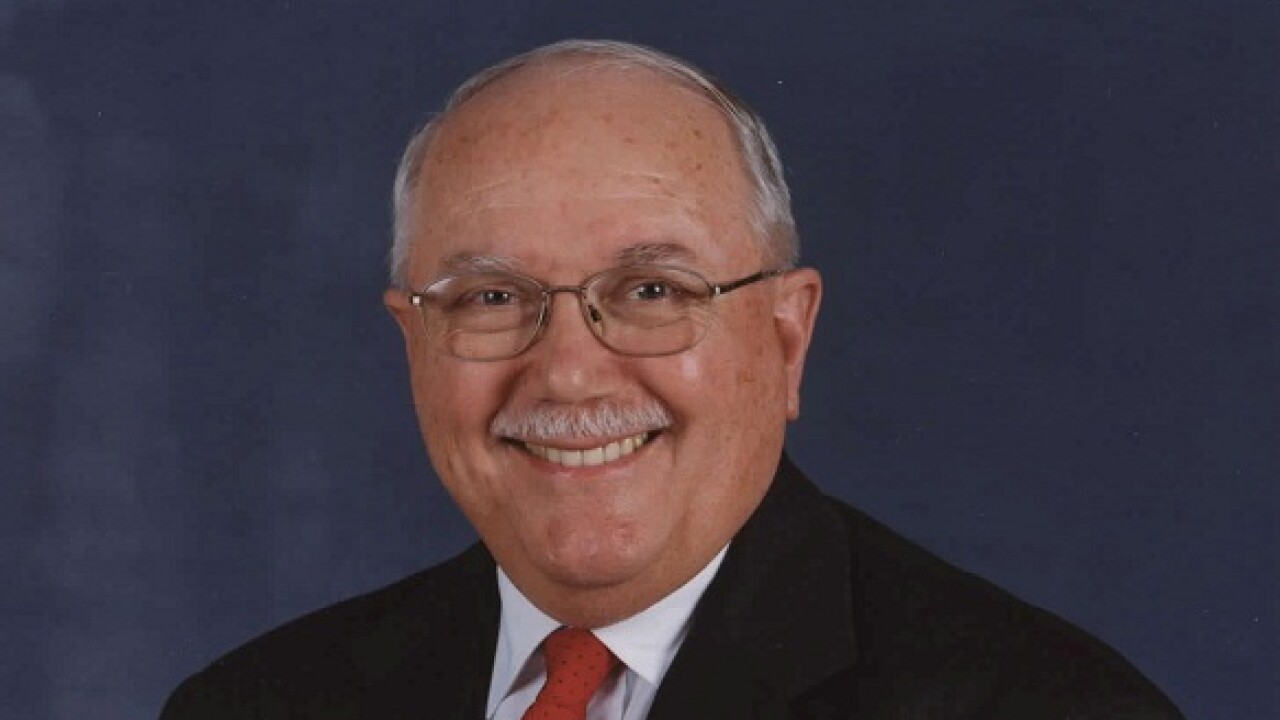The Securities and Exchange Commission charged Bellevue, Wash.-based commercial truck manufacturer Paccar, and a subsidiary, with various accounting deficiencies that clouded their financial reporting to investors in the midst of the financial crisis.
The SEC alleges that Paccar’s internal accounting controls included ineffective procedures that kept the company from adhering to various accounting rules. Paccar failed to report the operating results of its aftermarket parts business separately from its truck sales business as required under segment reporting requirements, which are in place to ensure that investors gain the same insight into a company as its executives, according to the SEC. Paccar and its subsidiary also failed to provide complete information about their loan and lease portfolios, and Paccar overstated some loan and lease originations and collections at two foreign subsidiaries in its statement of cash flows.
Paccar and its subsidiary Paccar Financial Corp. agreed to settle the SEC’s charges, the SEC said Monday.
“Companies must continually and diligently monitor their internal accounting systems to ensure that the information they are providing investors is accurate and consistent with relevant accounting guidance,” said Michael S. Dicke, associate regional director of the SEC’s San Francisco Regional Office, in a statement. “The deficient controls and procedures at Paccar caused inconsistencies in its financial reporting and kept investors and regulators from seeing the company through the eyes of management.”
According to the
The SEC’s complaint further alleges that Paccar and Paccar Financial Corp. failed to maintain accurate books and records regarding their impaired loans and leases, causing them to improperly identify and disclose loans and leases for impairment. As a result, they understated the amounts of their impaired receivables and the specific reserve associated with the receivables in footnotes to their respective 2009 Form 10-K filings. Paccar understated the amount of its impaired receivables by 65 percent and the amount of the specific reserve associated with the receivables by 78 percent. Paccar Financial Corp. understated the amounts by 64 percent and 37 percent. As a result of these deficiencies, Paccar also made inaccurate statements to the SEC’s Division of Corporation Finance regarding its processes for calculating the specific reserves on its impaired receivables.
According to the SEC’s complaint, Paccar also overstated equal and offsetting amounts in two lines within its statement of cash flows in the second and third quarters of 2009. Paccar identified these errors during the first quarter of 2010 and reported corrected figures in its second and third quarter filings in 2010.
The SEC’s complaint charges Paccar with violations of the reporting, books and records and internal control provisions of the federal securities laws, and charges Paccar Financial Corp. with violations of the books and records and internal control provisions. Without admitting or denying the charges, they agreed to the entry of a permanent injunction and Paccar agreed to pay a $225,000 penalty. The settlement, which is subject to court approval, takes into account that Paccar and Paccar Financial Corp. have implemented a number of remedial measures to enhance their internal accounting controls and improve their compliance with GAAP.
The SEC’s investigation was conducted by Jason Habermeyer and Cary Robnett of the SEC’s San Francisco Regional Office, and Peter J. Rosario of the Washington D.C. office.





